![]()
![]()
![]()
Use LEFT and RIGHT arrow keys to navigate between flashcards;
Use UP and DOWN arrow keys to flip the card;
H to show hint;
A reads text to speech;
12 Cards in this Set
- Front
- Back
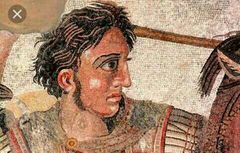
Alexander the Great |
A Greek conqueror, was able to identify those who are disloyal to him by ordering the opening of communication letters of his men and was successful in uplifting the espirit de corps and morale of his men. |
|
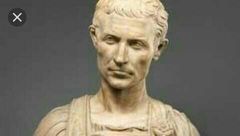
Julius Caesar |
In his time, Ten Speculators, who served as an information collecting agency, were the first intelligence personnel to appear in a military organization. Made use of pigeons as carriers which made intelligence transmittal very fast. |
|
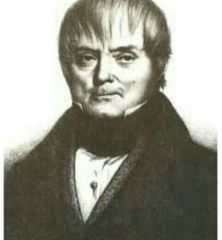
Karl Schulmeister |
Napoleon's eye. Was credited for establishing counter-intelligence against spies. Master of deceit who used blackmail to obtain vital information to identify the enemies of Napoleon. |
|
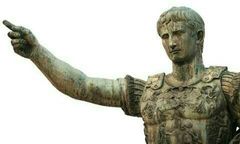
Emperor Augustus Caesar |
Organized one of the earliest form of organized policing in Rome in 7BC. Divided the city of Rome into 14 regions (wards), each consisting of vici (precincts) overseen by vicomagistri, who were responsible for fire protection and other administrative and religious duties. |
|
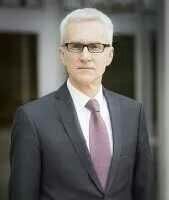
Jurgen Stock |
Secretary General of Interpol |
|
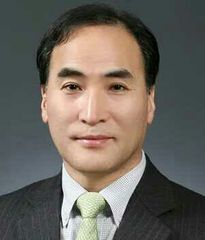
Kim Jong Yang |
President of Interpol |
|
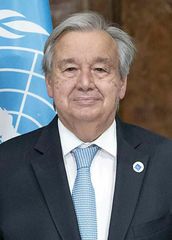
Antonio Gutierrez |
Secretary General of UN |
|
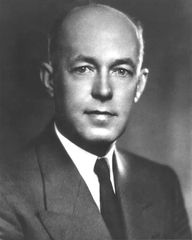
Herbert Yardley |
American cryptologist. Founder of cryptographic organization, the Black Chamber. |
|
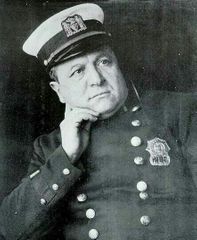
Joseph Petrosino |
Italian NYPD officer who was a pioneer in the fight against organized crime. |
|
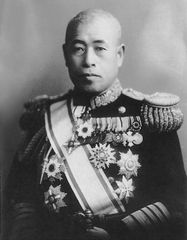
Isoroku Yamamoto |
Admiral in WWII. Responsible for the Pearl Harbor attack. |
|
|
Oskar Resler |
First Secretary General of Interpol. |
|
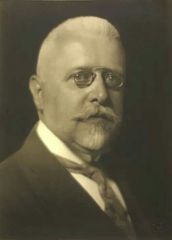
Johann Schober |
First president of Interpol. |

